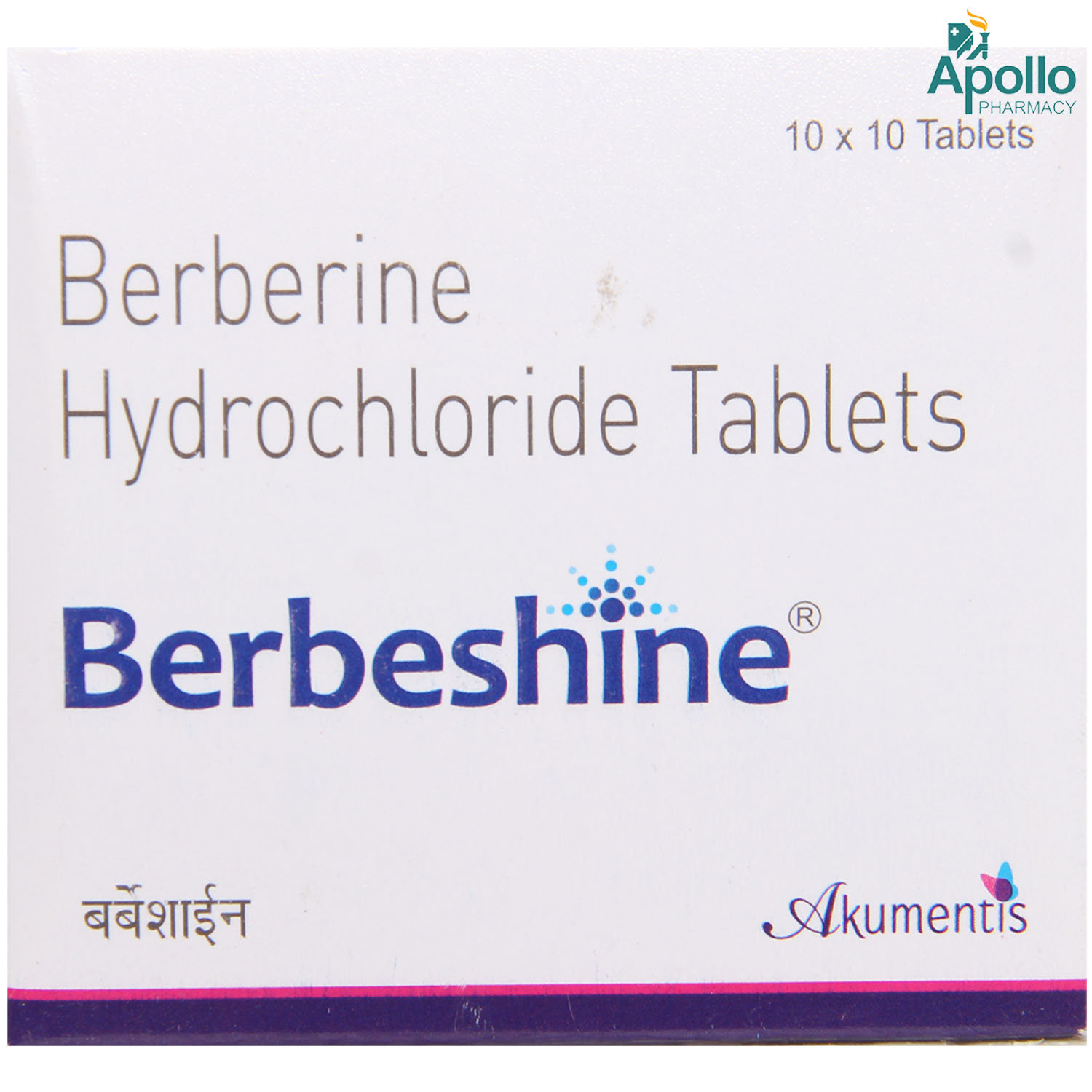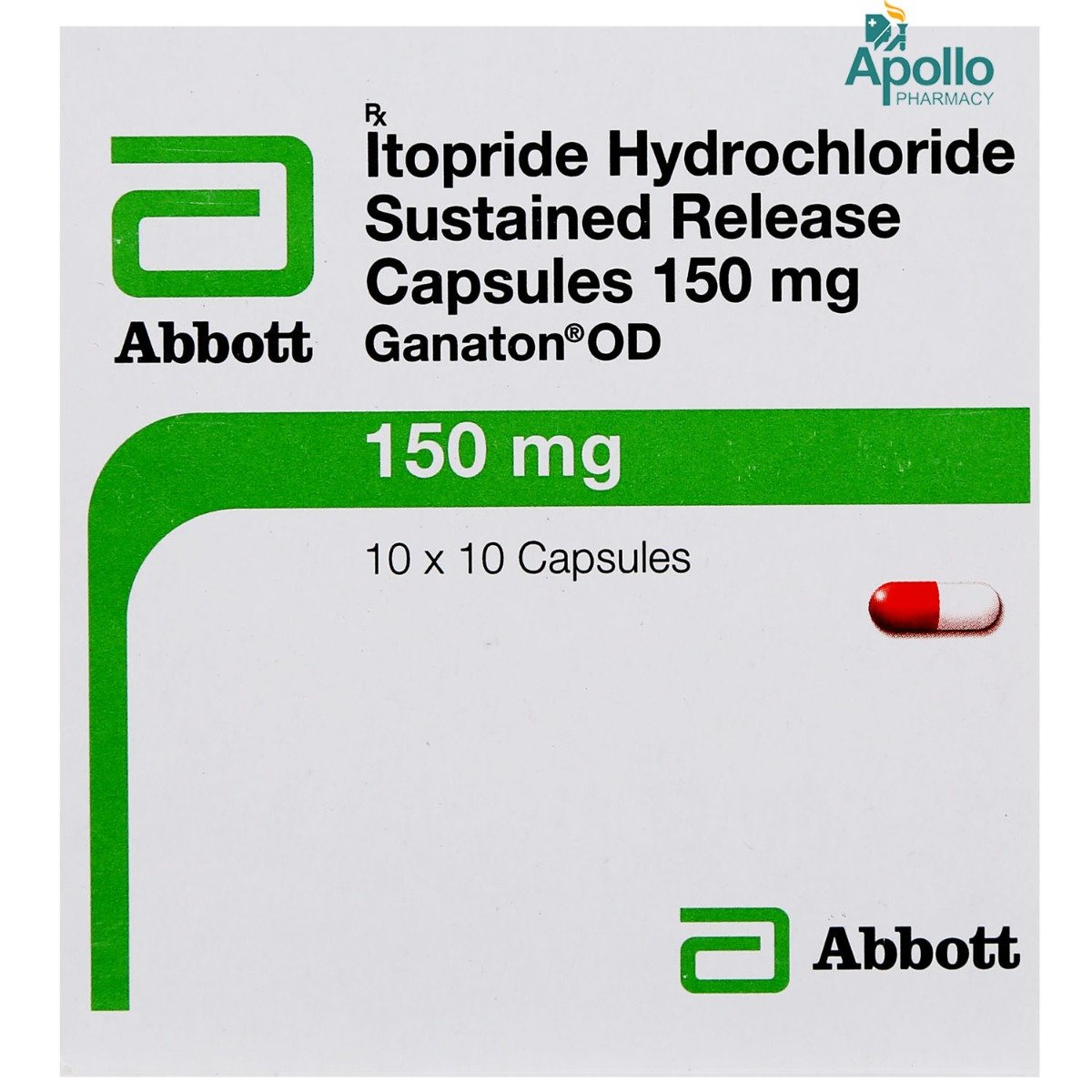Berberine Hydrochloride
About Berberine Hydrochloride
Berberine Hydrochloride belongs to the class of alkaloids or herbal supplements. It plays a key role in blood sugar (glucose) metabolism and cardiovascular health. It is used in various disease conditions, including type 2 diabetes, hyperlipidaemia and liver disease. Type 2 diabetes is a chronic medical condition that affects how the body processes glucose. Hyperlipidaemia is characterised by excess lipids (or fats) in the blood, such as cholesterol and triglycerides. This condition can clog blood arteries and lead to coronary heart illnesses such as stroke and heart attack.
The active ingredient in Berberine Hydrochloride is Berberine hydrochloride. Berberine hydrochloride is a well-researched medicinal product that has undergone numerous clinical trials. It has an extensive history of use in Ayurveda and herbal practices for various purposes. Berberine plays a key role in blood sugar (glucose) metabolism and cardiovascular health. Berberine aids in the maintenance of healthy blood sugar and total cholesterol levels that are already within the normal range.
Take Berberine Hydrochloride as advised by a doctor. You may experience an upset stomach, headache, nausea and constipation. These side effects may differ from one person to another. However, these side effects do not require medical attention and eventually fade away. Consult your doctor if the side effects don't subside or get worse.
Do not consume Berberine Hydrochloride if you are hypersensitive or allergic to any ingredients present in Berberine Hydrochloride. If you are not unsure about this, check with a healthcare professional before taking this. If you are pregnant, planning to conceive, or are a breastfeeding mother, inform your doctor before starting Berberine Hydrochloride. Avoid consuming alcohol along with Berberine Hydrochloride. Berberine Hydrochloride is not recommended for children without a doctor's advice. Keep your doctor informed about your medical condition and all your medications before taking Berberine Hydrochloride to rule out any side effects.
Uses of Berberine Hydrochloride
Medicinal Benefits
Berberine Hydrochloride belongs to the class of nutritional or herbal supplements. The active ingredient in Berbeshine tablets is Berberine hydrochloride. Berberine hydrochloride is a well-researched medicinal product that has undergone numerous clinical trials. It has an extensive history of use in Ayurveda and herbal practices for various purposes. Berberine plays a key role in blood sugar (glucose) metabolism and cardiovascular health. Berberine aids in the maintenance of healthy blood sugar and total cholesterol levels that are already within the normal range.
Directions for Use
Storage
Side Effects of Berberine Hydrochloride
- Upset stomach
- Headache
- Nausea
- Constipation
Drug Warnings
Do not consume Berberine Hydrochloride if you are hypersensitive or allergic to any ingredients present in Berberine Hydrochloride. If you are not unsure about this, check with a healthcare professional before taking this. Do not consume Berberine Hydrochloride on your own without first consulting a doctor. If you are pregnant, planning to conceive, or are a breastfeeding mother, inform your doctor before starting Berberine Hydrochloride. Avoid consuming alcohol along with Berberine Hydrochloride. Berberine Hydrochloride is not recommended for children without a doctor's advice. Keep your doctor well-versed about your medical condition and all the medicines you take before taking Berberine Hydrochloride to rule out any side effects and interactions.
Drug Interactions
Drug-Drug Interactions: No interactions were found/established.
Drug-Food Interactions: No interactions were found/established.
Drug-Disease Interactions: No interactions were found/established.
Drug-Drug Interactions Checker List:
Safety Advice

Alcohol
cautionIt is unclear whether alcohol interacts with Berberine Hydrochloride. Please consult your doctor.

Pregnancy
cautionBerberine Hydrochloride is not recommended for use in pregnancy. If you are pregnant, inform your doctor before taking Berberine Hydrochloride. Your doctor will prescribe only if the benefits outweigh the risks.

Breast Feeding
cautionBerberine Hydrochloride is not recommended for use in breastfeeding. If you are pregnant, inform your doctor before taking Berberine Hydrochloride. Your doctor will prescribe only if the benefits outweigh the risks.

Driving
cautionIt's unclear whether Berberine Hydrochloride affects driving abilities, so don't drive or operate machinery if you're having trouble concentrating.

Liver
safe if suggestedPlease consult your doctor. Your doctor will prescribe only if the benefits outweigh the risks.

Kidney
cautionLimited research is available to use Berberine Hydrochloride in patients suffering from severe kidney impairment. Please consult your doctor. Your doctor will prescribe only if the benefits outweigh the risks.

Children
cautionLimited research is available for the use of Berberine Hydrochloride in paediatric patients. Do not give Berberine Hydrochloride to a child unless advised by a doctor.
Habit Forming
Diet & Lifestyle Advise
- Consume small, balanced food. Prolonged fasting should be avoided.
- Hypoglycemia symptoms include sweating, dizziness, palpitations, shivering, severe thirst, dry mouth, dry skin, frequent urination, etc. If you experience any of the above symptoms, immediately consume 5-6 candies, three glucose biscuits, or three teaspoons of honey/sugar and contact your doctor. Try to carry these with you, especially on lengthy journeys.
- Avoid consuming alcoholic beverages.
- Reduce your intake of carbohydrate-rich foods such as potatoes, rice, mangoes, bread, sugar, etc.
- Avoid sugary foods and go for low-calorie options.
- Consult your doctor about modifying your medication schedule if you travel across more than two time zones.
- Quit smoking.
Special Advise
- Use Berberine Hydrochloride under the supervision of a healthcare practitioner.
- Do not share Berberine Hydrochloride with anyone; dose and dosing intervals may vary from person to person.
Patients Concern
Disease/Condition Glossary
Diabetes Mellitus type 2: It is a disorder in which the body either stops producing enough insulin (the hormone that aids in reducing blood sugar levels) or develops resistance to the effect of insulin. As a result, extra insulin is created, yet it fails to function in the body's organs. Type 2 diabetes symptoms include fatigue, thirst, blurred vision, and an increased need to urinate (pee). Skin infections, eye difficulties (retinopathy), nerve damage (neuropathy), delayed wound healing, diabetic foot (foot ulcer), kidney illness (nephropathy), high blood pressure, and even stroke are all complications of type 2 diabetes. Blood sugar levels that are either low or too high can be harmful and should be treated as soon as possible.
Hyperlipidaemia: Hyperlipidaemia or dyslipidaemia happens when there is an excess of bad cholesterol (LDL) in the bloodstream and a good cholesterol (HDL) deficiency. When your blood cholesterol level is high, your arteries narrow and clog, contributing to cardiac disorders like stroke and heart attack. The primary causes of high cholesterol are high-fat or high-cholesterol foods/drinks and genetic factors.
FAQs
The active ingredient in Berberine Hydrochloride is Berberine hydrochloride. Berberine aids in the maintenance of healthy blood sugar and total cholesterol levels that are already within the normal range.
Berberine Hydrochloride increases the expression of the LDL receptor (LDLR or low-density-lipoprotein receptor) through a mechanism distinct from that of statins, including stabilising the LDLR mRNA.
Berberine Hydrochloride is quite effective at lowering blood sugar and HbA1c levels raised in people with diabetes. It may improve patients' insulin secretion, causing oral hypoglycaemic medications to fail.
The active ingredient in Berberine Hydrochloride is Berberine hydrochloride. Berberine hydrochloride is a well-researched medicinal product that has undergone numerous clinical trials. It has an extensive history of use in Ayurveda and herbal practices for various purposes.
Berberine Hydrochloride is an over the counter (OTC) medication; it does not require any suggested to buy. But, it should only be used under the guidance of a physician.









